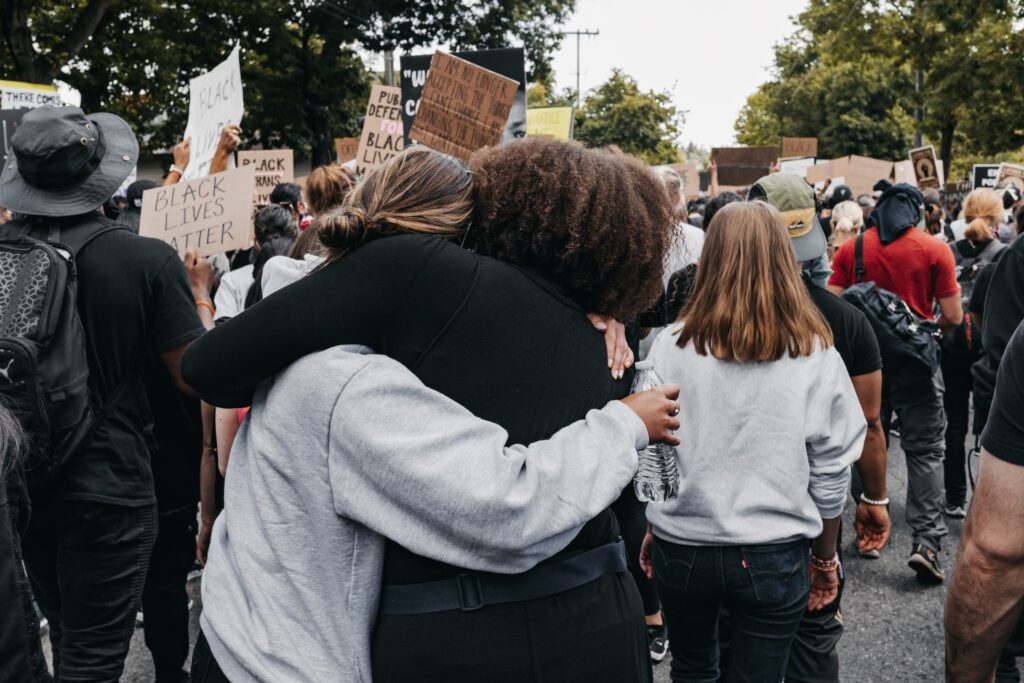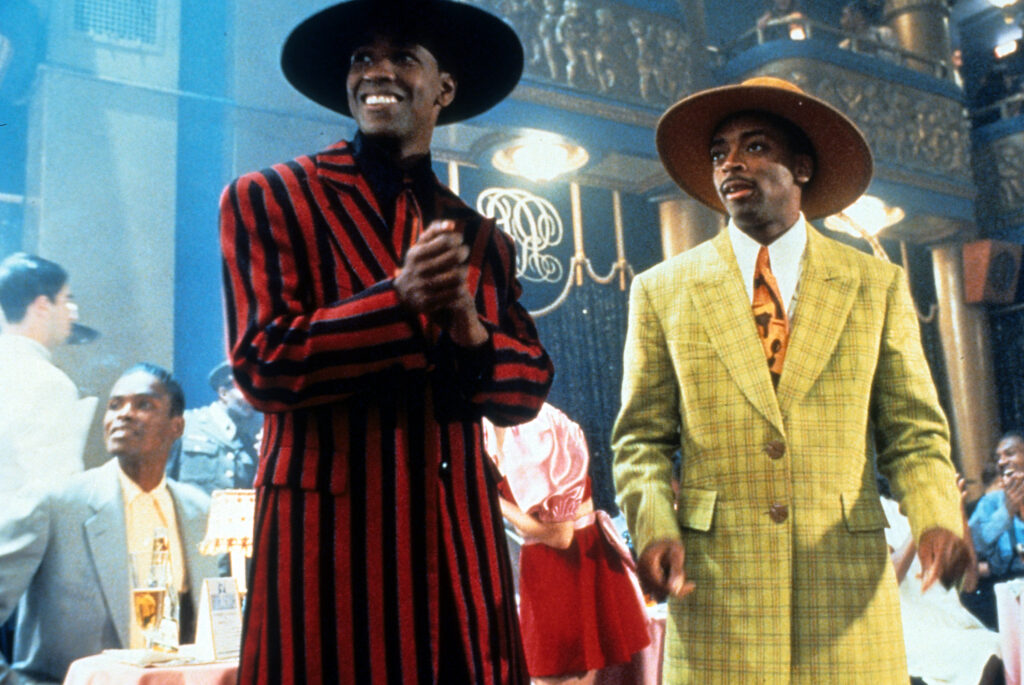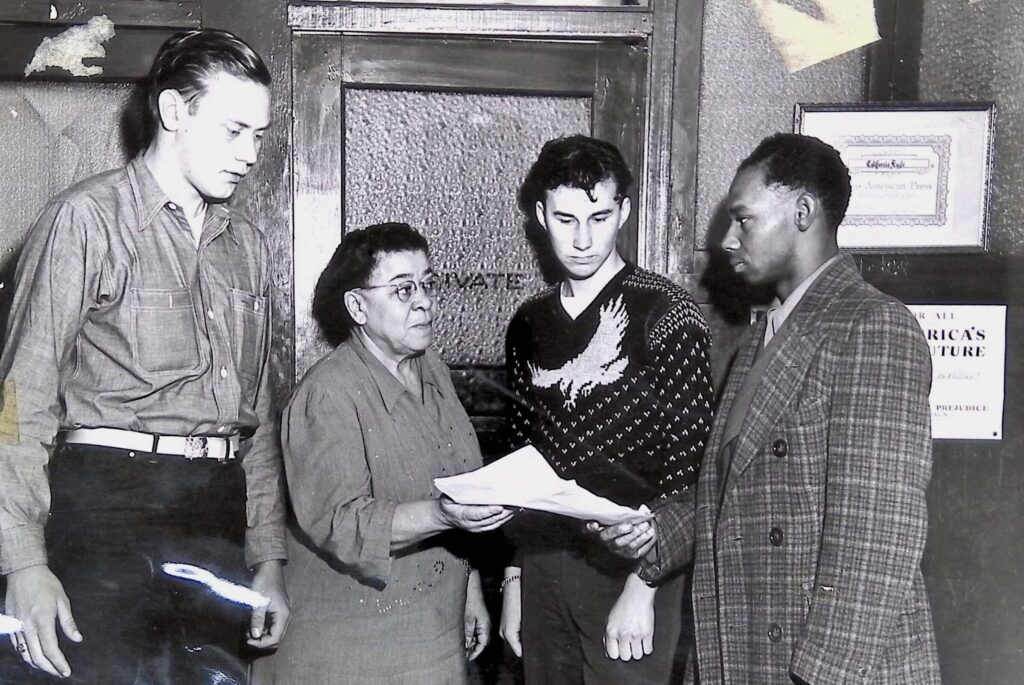News & Updates
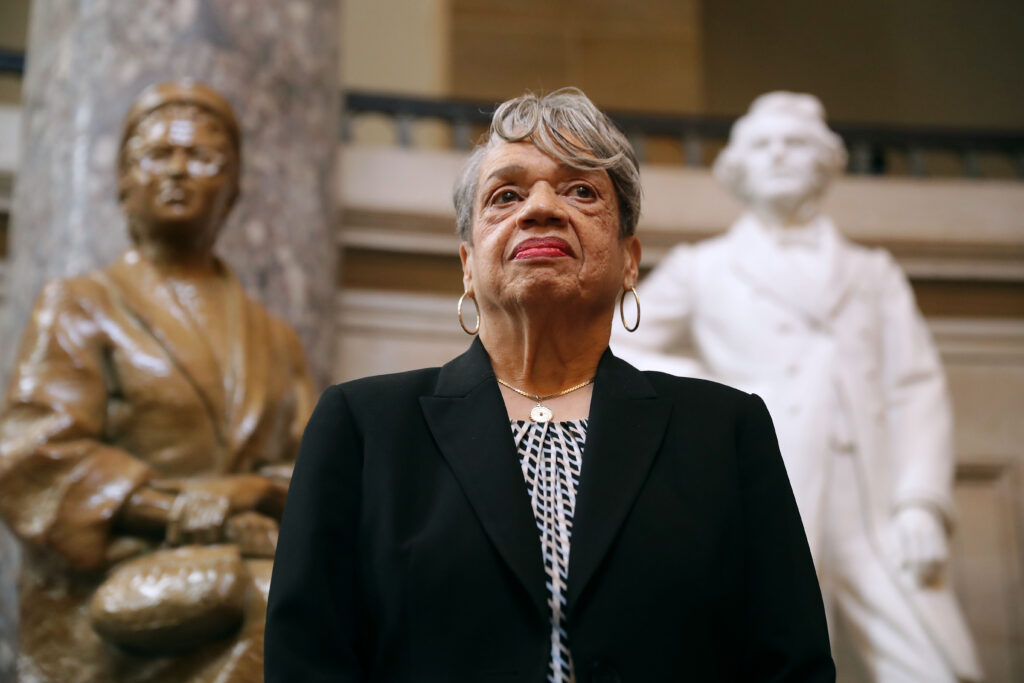
News & Updates
Fresh Honors for NASA’s Hidden Figures
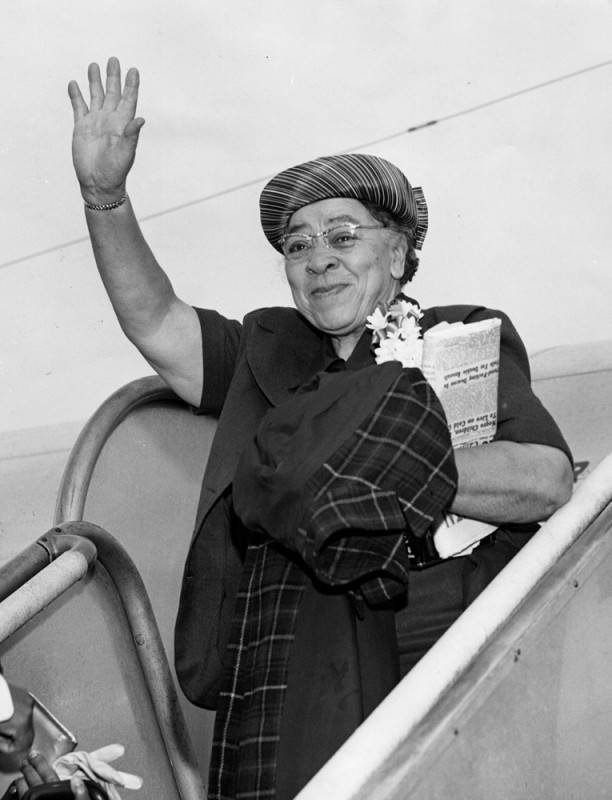
News & Updates
HOORAE Media’s Lydia Zenaye Closes out Lunch & Learn Series with the ‘Inside Scoop’ on Breaking into the Industry

News & Updates

